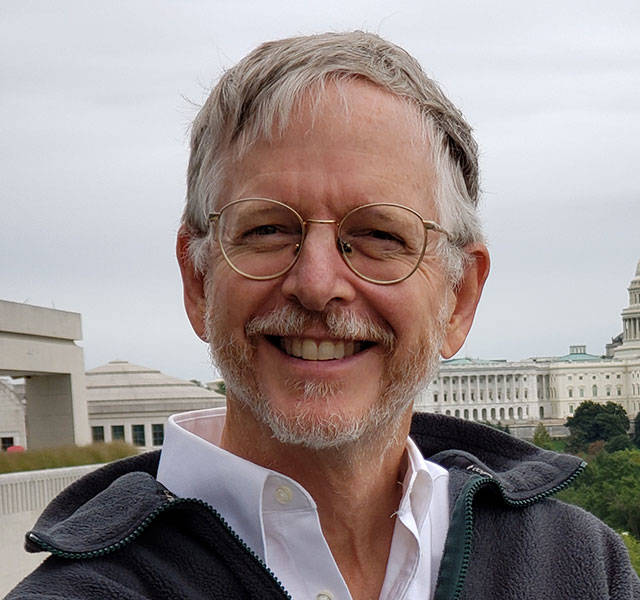Listening to phone messages that morning before heading to the hospital to see patients, the first was from a police officer. The second message was my sister. Cameron was dead by suicide.
Cameron was my 17-year-old nephew. He melted audiences with his singing and acting. He was a practical joker and a gifted baseball player, beloved by schoolmates befriending the timid and bullied. Cameron died just after starting his Junior year of high school. His forever decision was on the first day of National Suicide Prevention Week, 2013.
National Suicide Prevention Week begins this year on September 6, the Sunday of Labor Day weekend. This year, for everyone to be aware of suicide prevention will be more important than in prior years:
- We will be six months into the COVID-19 pandemic and national economic collapse.
- The dark days of fall and winter will be upon us with more social distancing and isolation.
- More uncertainties about school and child care.
- Sports seasons canceled.
- People out of work, unable to pay rent, hungry and homeless.
- “Twindemic”: Influenza and new COVID-19 waves on the way.
- The election with the future of our American democracy in the balance.
- Rising COVID-19 infections and death tolls.
Are we as a nation prepared to prevent an increase in suicide? We are already seeing increases in leading risk factors: depression, anxiety, drug and alcohol use, domestic violence and child abuse.
Building blocks for coordinating COVID-19 mental health campaigns already exist in many communities: agency staff, mental health professionals and social workers, school counselors and nurses, the nation’s 839 volunteer Medical Reserve Corps (MRCs), Non-Governmental Organizations (NGOs) working in mental health, survivors of suicide, faith communities, tribal elders and cultural leaders, emergency response organizations, among others.
Using these building blocks, governors and tribal leaders can construct mental health campaigns. Our hope is that the National Governors Association and National Congress of American Indians (NCAI) will help too. To get us through the coming dark days, COVID-19 mental health campaigns should run from National Suicide Prevention Week 2020 to Memorial Day 2021.
We also need governors to work with each other in coordinating state resources across political boundaries and ideology. Idaho and Washington are now coordinating across state boundaries and partisan divides – a help for communities located in eastern Washington and north Idaho. Death by suicide is not a partisan issue.
We don’t have time for “reinventing wheels.” Island residents may already know about the Vashon MRC’s COVID-19 testing effort. The Vashon MRC’s Community Care Team has created a crisis helpline and online support groups facilitated by volunteer mental health professionals and spiritual leaders. Our CCT has developed a web-based mental health toolkit available to at-risk communities.
In response to the ongoing pandemic, Vashon’s Community Care Team, a unit of the Vashon Medical Reserve Corps, has built a Vashon suicide prevention campaign. The group will launch the campaign next week with a live broadcast-streaming event — Tales From the Edge: Suicide Survivors Share Their Stories. It will air with moderator Susan McCabe from Vashon Center for the Arts on the evening of September 10th. The campaign will inform islanders about how to spot signs of suicide, what to say to the person, and actions to take to save a life. The campaign also includes many community partners and mental health providers who will be offered free courses in the University of Washington L.E.A.R.N. system of suicide prevention.
With the coming mental health crisis, we are fortunate that our island community has talent, resources, and commitment. Many at-risk communities don’t. Off-island communities less fortunate will continue benefiting from Vashon MRC’s COVID-19 testing and mental-health toolkits and strategies. While we do what we can, we also look to state and tribal leaders to fill the White House pandemic leadership void.
One action you can take right now: contact Congress and ask that they provide adequate funding. Congress has cut MRC funding to $6 million annually – to support 839 MRC units and 175,000 volunteers. The President wants to cut further. You can send an email and share your story with your Members of Congress using the webpage provided by the National Association of County and City Health Officials.
The key message? Congress needs to support the MRC program it created after the September 11 attacks: help MRCs protect our communities against COVID-19, build community resilience, and prepare for climate crisis disasters.
Finally, if you are struggling, or thinking of harming yourself, call 1-800-273-TALK (8255) or text HEAL to 741-741. We are all in this together. We are neighbors helping neighbors. We need to help each other through this crisis.
John Osborn is an emergency room physician and co-coordinates the Vashon Medical Reserve Corps. Dr. Osborn is physician advisor for Camp Chaparral serving Indian Veterans with PTSD, and a board member of the QPR Institute and LiveWilder Foundation.



